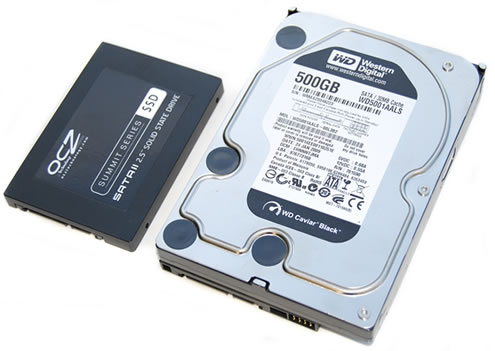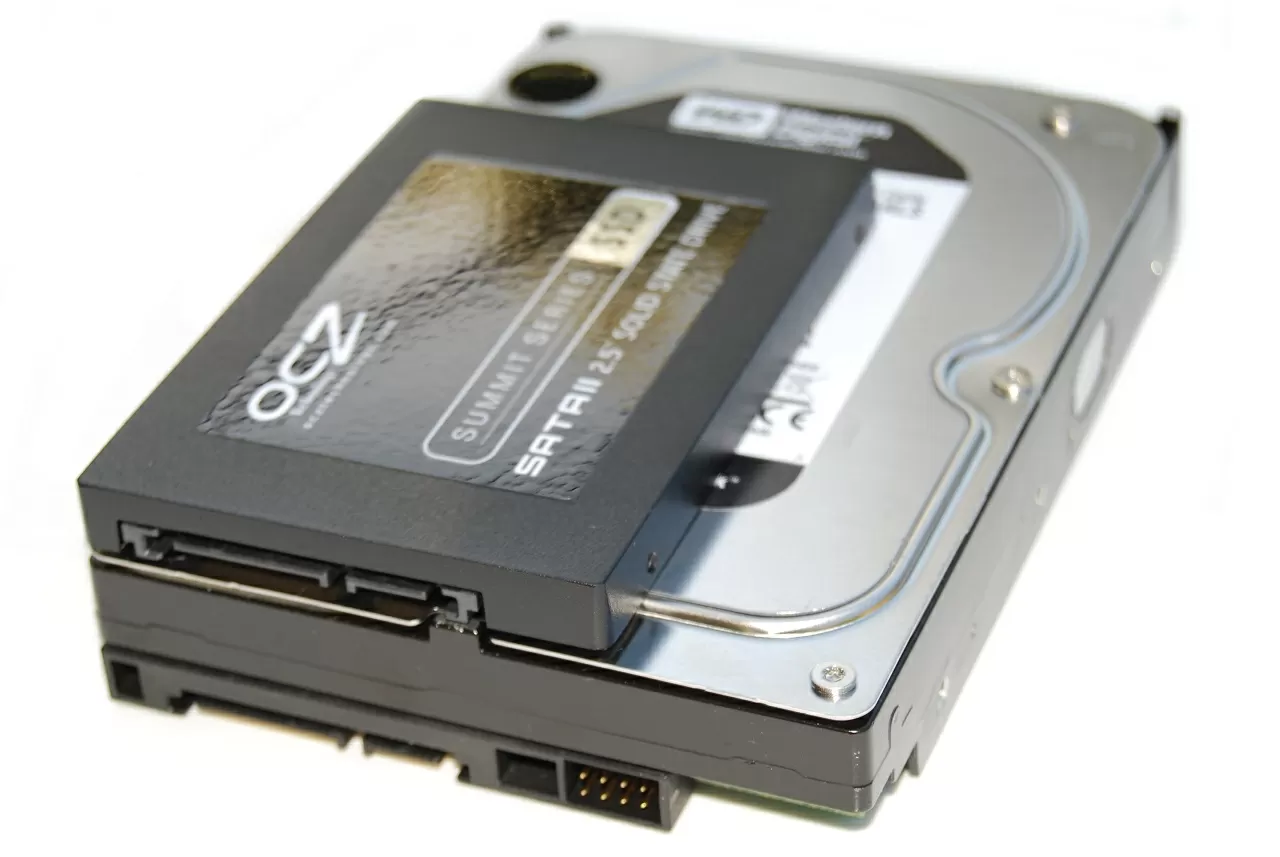Concluding: The Summit, Worth a Shot?
When we reviewed a small pack of popular SSDs a couple of months ago, we loved the OCZ Vertex as a truly competitive budget alternative to the Intel X25-M. Since then, the Intel drive has been heavily discounted though it's still a bit rich at $320 for a measly 80GBs, or about $4.00 a gigabyte.
Comparatively, the OCZ Vertex 120GB is currently selling for $380, which ends up being a better value at $3.16 per gigabyte. The new OCZ Summit is even cheaper at $350, getting it down to $2.91 per gigabyte.
Clearly the biggest factor holding back SSD adoption is cost, and storage capacity as a result of that. Today it is possible to purchase a WD Caviar Green 2TB drive for roughly $240, and in terms of hard drive pricing that's not exactly great value. Nonetheless at 24c per gigabyte, it is worlds cheaper than any of today's leading MLC-based solid drives.

Keeping all this in mind, we would still lash out and buy a SSD simply because they are just so bloody quick. Those that can get away with a 120GB capacity for their OS drive will be rewarded with products like the ones we tested today. Although it can be difficult to put into perspective, a good SSD is kind of like a good graphics card, but better. Whereas a high performance graphics card will completely enhance your gaming experience, an SSD will do something similar, but for everything.
The new OCZ Summit delivered mixed results, usually coming close or at times beating the competition put forth by OCZ's own Vertex drive or the Intel X25-M. Overall we would say that the Vertex is a little bit faster than the Summit despite the larger memory cache. But still, depending on the test, either drive can come out on top.
Furthermore, our subjective testing failed to distinguish between the two, as they both feel incredibly fast and neither suffer from any kind of shuddering issues. If you are looking for a solid value on a performance-oriented SSD today, you can't go wrong with the Summit 120GB drive.
